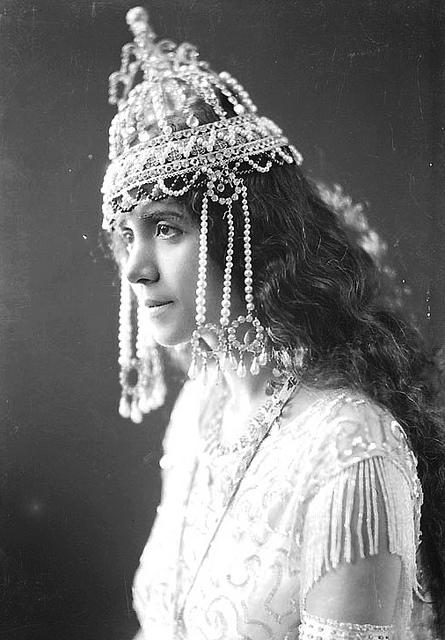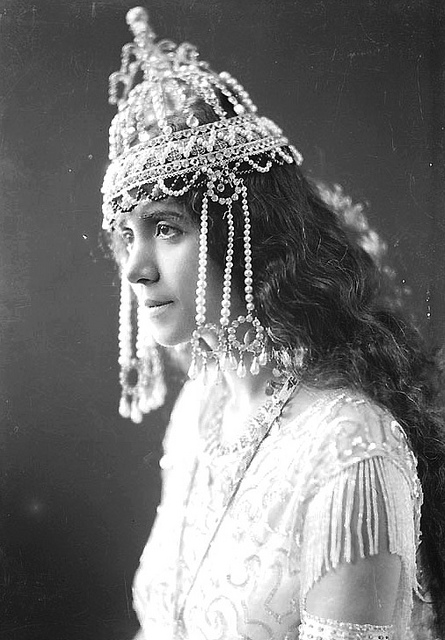
..It has always been my contention that community serves as the repository of local histories; the wealth of stories that rest unspoken, in the deeper levels of community memory, still remain connected to history; a name, spoken again, can suddenly reveal astonishing resonance and reach, as it reverberates out of the past, with incidents and events of a life’s journey. In February I will be giving two presentations for the DC Public Library as a component of their programming for Black History month; my piece will be about the contribution of two particular black women, who wove a journey through life with passion, talent, self-awareness and self-promotion, through leadership that bound the fabric of DC’s music culture around a unique platform of opera, and opportunity. I’ve mentioned the name Mary Cardwell Dawson before, and the fact that she was creator and director of the National Negro Opera Company, a troupe who performed a repertory of productions, across the country, that gave African American singers, musicians, technicians, and artisans, presentation in professional circumstances, with international visibility. Another name that must be spoken is that of Madame Lillian Evanti, who made her operatic debut in 1925 in a production of Deliebes’, Lakme, in Nice, France:
Madame Evanti, as Lakme
Madmae Evanti was an integral component of the success of Mrs. Dawson’s company; both women created opportunity out of their own passion, and not out of the 'permission' of those around them; yes, they had support -but the fuel they burned, to achieve their desires, goals, and prominence, was an internal combustion they managed, stoked, and nurtured. The particular impact of their collaboration was visible for all to witness, over many years; but it was especially so with the company’s production of Verdi’s La Traviata, given in 1943, on the floating Watergate Theatre barge. The acclaim of newspaper headlines affix this particular event to a moment in time, years ahead of the coalescing of a national outrage at another black woman’s struggle to be heard in song. However, Madame Evanti and Mary Cardwell Dawson are not merely names on the scroll of history; they are individuals of real example, and as such, offer us a glimpse of the demands of character which not only compelled them, but shaped the way they managed the challenges which faced them, both professionally and personally. The details of their journey, as artists, women, and entrepreneurs, are not fully encompassed in newsprint; they are revealed- in the collections of artifacts, personal correspondences, music score notations, compositions, journals and writings held in two DC institutions: the Library of Congress, which curates the archive of Mary Cardwell Dawson and the National Negro Opera Company, and the Anacostia Smithsonian Community Museum, which curates the archive collection of Madame Evanti. Through upcoming entries, I wish to share a narrative of this journey to program; relating the flow of support, synergy and serendipity, in witnessing these black women of community, whose ownership of their talents provided unique presentations of achievement for many.

